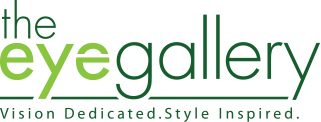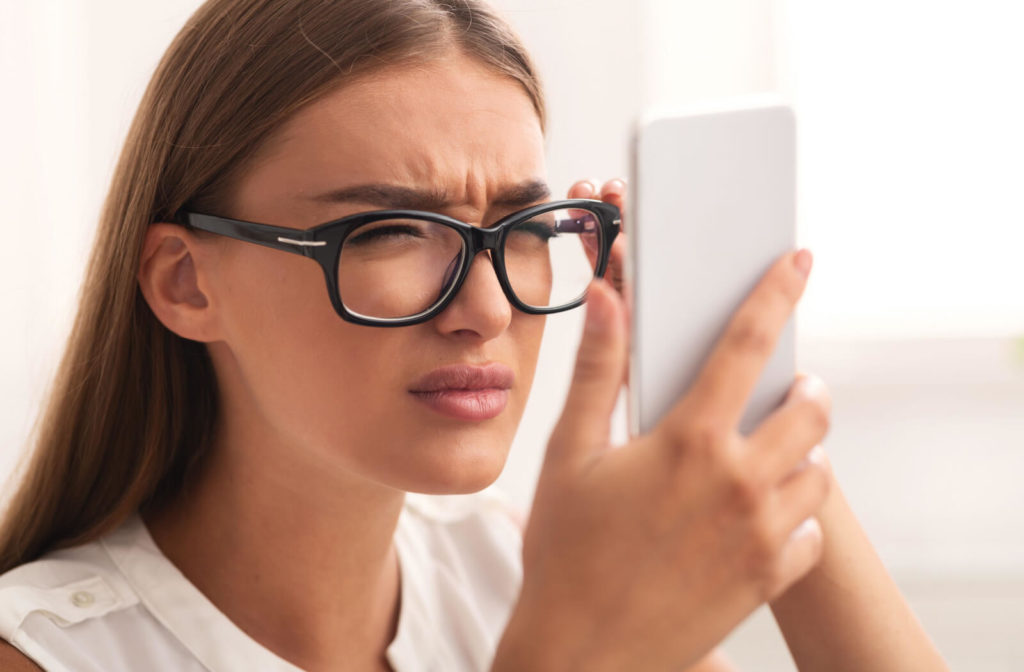Myopia, or nearsightedness, is a common vision condition that affects millions of people around the world. It is caused by the eye’s inability to focus on distant objects, resulting in blurred vision. While glasses and contact lenses can help to correct the condition, many people are looking for ways to reverse myopia naturally.
Myopia cannot be reversed, but it can be managed. It is a progressive condition that typically occurs as the eyes develop, and these changes cannot be reversed. Adults may be candidates for laser vision correction to help restore clear vision.
While myopia itself is not reversible, it can be managed and treated through the use of corrective measures such as eyeglasses or contact lenses.
What Causes Myopia?
While the exact cause of myopia is still unknown, there are several factors that may contribute to its development.
- Genetics
Myopia tends to run in families, suggesting a genetic predisposition to the condition. Studies have shown that individuals with a family history of myopia are at a higher risk of developing the condition themselves. While the exact genes responsible for myopia are still being researched, it is believed that multiple genes may contribute to its inheritance.
- Environment
The modern lifestyle, characterized by spending long hours indoors and engaging in activities that require close-up focus, such as reading or using electronic devices, has been linked to an increased prevalence of myopia.
- Diet
Research suggests that poor nutrition, specifically a lack of certain vitamins and minerals, may play a role in the development of myopia.
- Eye Strain
Eye strain from prolonged periods of close-up work or digital screen use without breaks can also contribute to the development of myopia. When we focus on nearby objects for extended periods, the ciliary muscles in the eye can become fatigued, which can lead to blurred vision and eye discomfort.
Taking regular breaks, practicing the 20-20-20 rule (after 20 minutes of digital screen use, look at something 20 feet away for 20 seconds), and maintaining proper lighting and ergonomics can help reduce eye strain and potentially lower the risk of myopia.
- Medical Conditions
Certain medical conditions, such as diabetes have been associated with an increased risk of developing myopia.
Regular monitoring and management of medical conditions are important in maintaining overall eye health and potentially reducing the risk of myopia.
Managing Myopia
While myopia cannot be reversed, there are ways to manage and slow its progression.
The earlier myopia is diagnosed, the sooner your child’s optometrist can begin preventing its progression. There are several options available to help control myopia progression and prevent it from worsening.
Ortho-K Lenses
Orthokeratology contact lenses, also known as Ortho-K, are specialized contact lenses that you wear overnight to give you clear, glasses-free vision during the day. They work by flattening the cornea while you sleep, ensuring that light is focused correctly.
However, it’s important to note that the results are temporary, as the eye gradually returns to its normal state once you discontinue using them. There’s also some evidence suggesting that Ortho-K lenses can offer lasting relief in myopia symptoms.
Atropine Eye Drops
Promising evidence suggests that using low-dose atropine drops every night can effectively slow down the progression of myopia in children. These drops may help prevent excessive growth of the eyes, although the exact mechanism is not fully understood.
Multifocal Contact Lenses
Children between the ages of 6 and 12 can wear soft multifocal contact lenses to help slow down myopia. These lenses work by defocusing peripheral vision while keeping central vision clear. The blurring of peripheral vision may help to slow the progression of myopia.
Treating Myopia as an Adult
Although myopia cannot be reversed, it can be corrected with laser eye surgery. Laser vision correction is an option for many adults after their eyes have finished developing. If you are interested in exploring laser vision correction, speak with your optometrist to determine if you are a viable candidate.
LASIK for Myopia
Laser-assisted in situ keratomileusis, often referred to as LASIK, is a common laser eye surgery procedure that reshapes the front of the cornea, which is responsible for refracting light into the back of the eye. LASIK can often correct or improve the vision of those living with myopia.
PRK for Myopia
Photorefractive keratectomy, or PRK for short, is a type of laser vision correction that may be recommended if you have chronic dry eye or thin corneas. PRK can correct or improve myopia and a range of other refractive errors.
The Impact of Myopia
Nearsightedness can lead to a range of complications, from mild to severe. These can include:
- Poor school experiences: Children with myopia or other vision problems may experience delays in reading or other academic skills, including difficulties in social interactions.
- Reduced quality of life: If nearsightedness is left uncorrected, it can hinder your ability to perform daily tasks effectively and enjoy activities.
- Eyestrain: Persistent eyestrain and headaches can result from uncorrected nearsightedness.
- Impaired safety: An uncorrected vision problem can jeopardize your safety and the safety of others, especially when driving a car or operating heavy equipment.
- Other eye problems: Severe nearsightedness can increase the risk of developing serious eye conditions such as retinal detachment, glaucoma, cataracts, and more.
Taking Action to Manage Myopia with The Eye Gallery
While myopia cannot be reversed, it can be effectively managed with the right approach. By understanding the causes and risk factors, taking preventative measures, and seeking professional help when needed, you can help reduce the impact myopia has on your child’s vision and overall quality of life.
Our family eye doctors at The Eye Gallery are dedicated to providing comprehensive eye care and helping patients manage their myopia. Schedule an appointment today to discuss any concerns or questions you may have about your eye health or your child’s eyes and myopia management.




